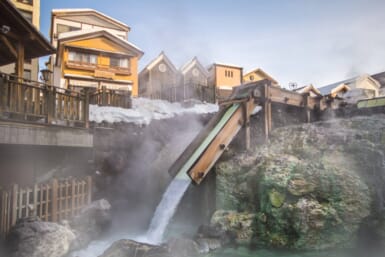Japan’s conviction to phase out nuclear power seems to be backsliding, with the policy already met by fierce opposition, the Financial Times reports.
Doubts over the energy strategy heightened after the cabinet stopped short of formally adopting the policy on Wednesday, saying that it would “take into consideration” the nuclear free-goal. The National Policy Unit said that the policy should be implemented “flexibly” and would be subject to “constant verification and revision”. The timetable for the long-term energy strategy was also omitted – a sign, according to FT, that the government is yielding to opposition from nuclear industries.
Japan’s nuclear allies expressed reservations on the policy shift. Washington warned that the shutdown poses a security threat and could seriously hurt Japan’s nuclear industry. Business groups also called for abandoning the 2040 goal, saying that the shift from nuclear power is “impractical” for Japanese manufacturers which rely on local nuclear power plants.
Japan derived about 30% of its electricity from nuclear power before the Fukushima meltdown and planned to boost the ratio to 50% by 2030. The former energy strategy was scrapped following Prime Minister Yoshihiko Noda’s plan to replace nuclear power with renewable energy sources. Several Japanese firms have set to construct wind farms to increase wind powered-electricity that could compensate for nuclear power.









